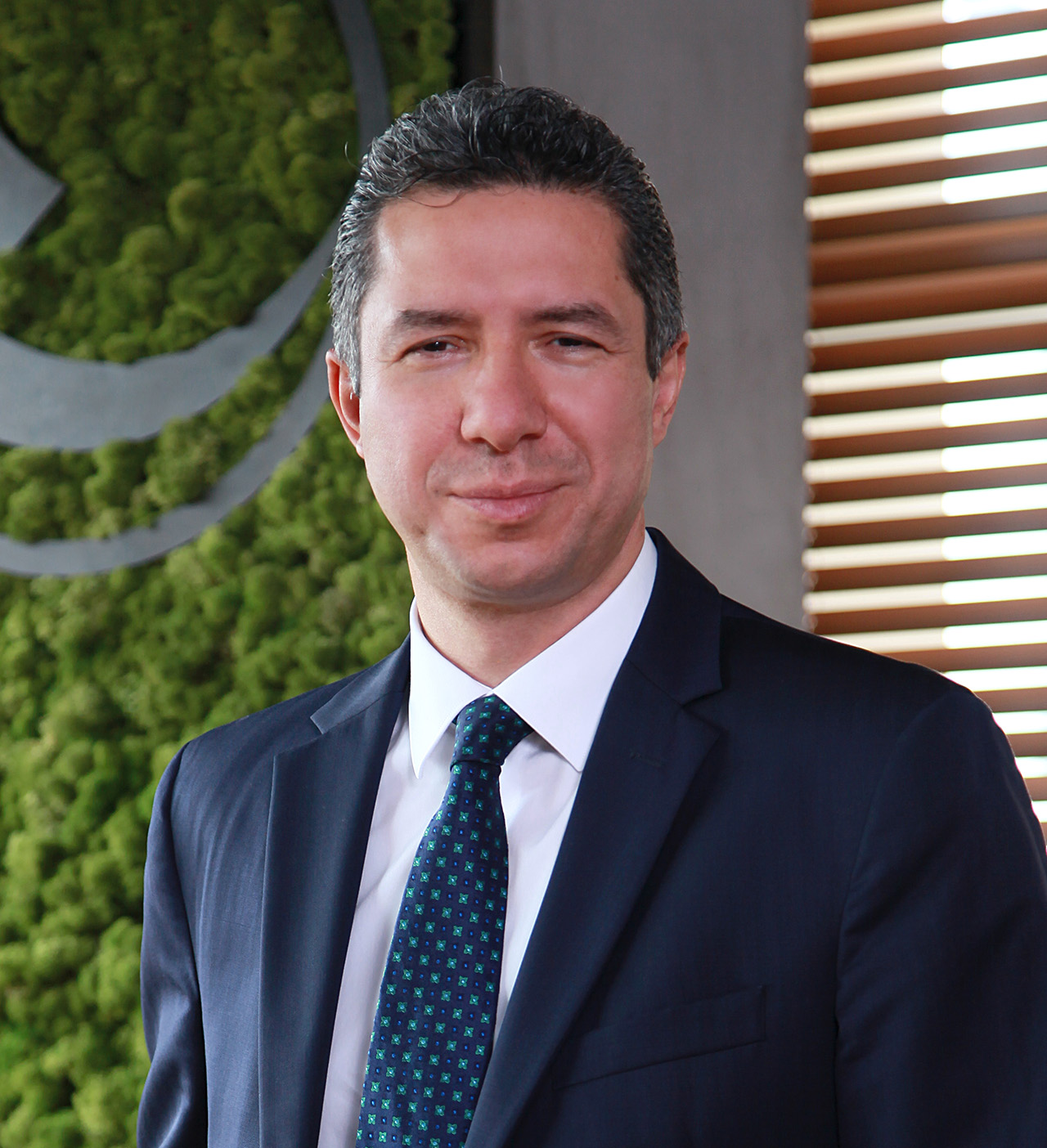Who will help you protect your company from the devastating impact of fraud?

- Fikret Sebilcioğlu CFE, CPA, TRACE Anti-Bribery Specialist
- Managing Partner
- E-mail to Fikret
Fraud and corruption are major problems in Turkey while awareness gradually increases. Fraud continues to cost Turkish companies significantly and severely damaging or destroying reputations. Certified Fraud Examiners specializing in this field attempt to minimize the incidence of fraud and corruption in organizations.
The Association of Certified Fraud Examiners (ACFE) notes that the world average for fraud in organizations is calculated at 7 percent of total turnover, whereas this figure is about 15 percent in Turkey. Despite various anti-fraud laws and significant attempts to create more ethical culture in organizations, fraud continues to be an inevitable and unpleasant component of business life in Turkey.
The most common occurrence of financial statement fraud is when losses are underplayed or deliberately hidden by corporations. Our experience in Turkey reveals that financial statement fraud may comprise the following methods:
- deliberate misstatements or omissions of amounts or disclosures of financial statements to deceive financial statement users, particularly shareholders, investors and creditors;
- outright falsification, alteration, or manipulation of material financial records, supporting documents, or business transactions;
- material intentional omissions or misrepresentations of events, transactions, accounts, or other significant information from which financial statements are prepared;
- deliberate misapplication of accounting principles, policies, and procedures used to measure, recognize, report, and disclose economic events and business transactions; and
- intentional omissions of disclosures or presentation of inadequate disclosures regarding accounting principles and policies and related financial amounts.
Financial statement fraud results from the temptation to make the bottom line look better than it is. It can surface in many different forms, although once deceptive accounting practices are initiated, various systems of manipulation will be utilized to maintain the appearance of sustainability.
Our real life experience in various fraud investigation engagements in Turkish entities shows that common approaches to artificially improving the appearance of the financials include:
- overstating revenues by recording future expected sales or entirely fictitious sales;
- understating expenses through certain means as (a) capitalizing operating expenses (b) inflating assets' net worth by knowingly failing to apply an appropriate depreciation schedule;
- hiding obligations off of the company's balance sheet;
- recording cookie-jar accounting practices by which the management understates revenues or overstates provisions in one accounting period and maintain them as a reserve for future periods with worse performance. Such procedures remove the appearance of volatility from the operations.
In Turkey financial statement fraud is heavily committed by the senior and mid-level management to fraudulently enhance the financial health of a business and enrich one's own net worth. Senior management may indulge in fraudulent cover-ups to exceed the earnings or revenue growth expectations of the shareholder. They may also fudge the statements to create a rosy picture for the shareholders.
How do you determine financial statement fraud then? Financial statement fraud is designed to rob you of your earnings primarily to fulfill the ever-growing corporate greed. Here are some of the clear red flags that you might want to consider:
- Accounting anomalies;
- Unusually rapid revenue and/or profit growth;
- Readily noticeable internal control weaknesses;
- Noticeably "aggressive” financial actions by senior management;
- Personality or character flaws of the top management (general manager, CFO and/or other "C-level” executives.
Obviously there are massive issues that emanate from financial statement fraud. Financial statement fraud undermines the reliability, quality, transparency, and integrity of the financial reporting process. If an entity does not proactively identify and manage fraud risk, fraud could put the entity out of business. Therefore, those charged with governance should implement policies and procedures that help companies to identify major gaps with respect to the fraud prevention processes and recommend the necessary anti-fraud controls to deter and detect fraud.
Cerebra’s fraud investigation professionals canhelp you address the challenges and risks of doing business in Turkey which will help limit an entity's exposureto fraud. Our team members are Certified Fraud Examiners (CFE) in addition to being CPA.
We have solutions that combine experience,subject matter knowledge and deep industry expertise. Our fraudinvestigation team is expert at uncovering economicevidence, detecting and deterring fraudulent activity, and supportingcompanies and their attorneys involved in an existing or pending litigation, alternative dispute resolution or investigation.


